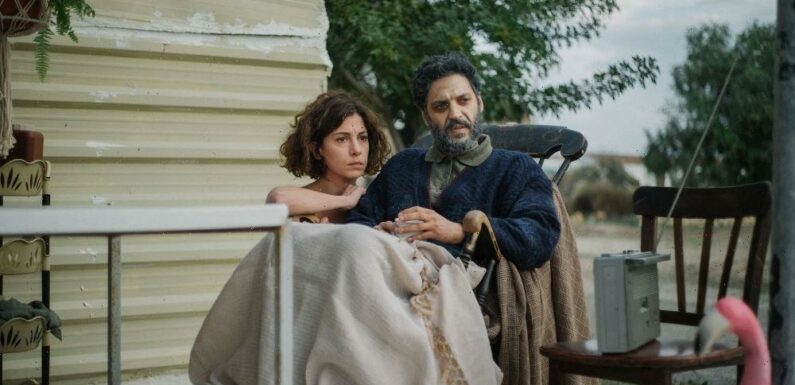
In the Tokyo International Film Festival’s competition section with “Tel-Aviv/Beirut,” Michale Boganim (“Odessa, Odessa,” “Land of Oblivion”) has directed a historical drama set against the backdrop of the Israeli–Lebanese conflict in 1982 and 2006. Set in Northern Israel, the film tells the journey of two families on each side of the border whose fate intertwined because of the war raging in Lebanon. In particular, it sheds light on the little-known story of Lebanese people who collaborated with the Israeli army to fight Hezbollah. She spoke to Variety about her work.
Why pick this topic and why tell this piece of recent history now?
I experienced war myself. I was very shocked by it. Also, because my father experienced war, I began to realize that this war is trans generational. It can repeat and repeat and repeat.
And then I discovered a story of this Lebanese people while living in Israel. It was by chance that I went to restaurant in north of Israel at the time and started to ask questions of these people. They told me their stories. I didn’t know about these Lebanese people who escaped Lebanon, because they collaborated with Israel.
In the first half of your film, people are crossing the border all the time. That seems very fluid, but from 2000 onwards, you make the point that only the dead can cross the border.
When there was no war, when there was peace, they closed the border instead of opening it. It’s very contradictory that the border opens only when there was war.
You shot during the pandemic and you didn’t shoot in Israel, but used Cyprus instead. Was that a deliberate choice?
It was a choice because it was the only way for me to be able to gather Israelis and independent actors. It may be the first time in history that you have Lebanese and Israeli actors working together. I cannot go in Lebanon because I’m Israeli.
One of the lead actors was living in Paris, so that was easy. And some were living in Cyprus, because there’s a big Lebanese community in Cyprus that escaped the war.
You’ve done documentaries before, including one in part of East Asia, Macau.
That was a documentary I made for Arte. And basically, it was one day in Macau from morning to morning. To see the different aspects, I was following different characters. I found the city completely contradictory, contradictory between the religious aspects and the completely depraved aspect with the casinos and the prostitution. I was very lucky because I was able to shoot inside the biggest casino and even to interview some people from the triads.
How does your work flip between documentary and fiction films?
I think they are all influenced by each other. If you saw [documentary] “Odessa, Odessa” it’s all also very staged, and very scripted. And my fiction films are all based on real stories. I also did a film about Chernobyl. I always like to go with political and real stories and to mix reality and fiction. There is not so much difference. Just when you say to the producer that you’re doing fiction, they put your 40 people on set and huge trucks. When you do documentary, five people. The Macau film is very cinematic and we did it with just five people.
Did you have any pressure either from distributors or from producers to try and take a particular angle? To be more neutral? Or to be less neutral and take a political position?
No, but I was trying myself too. And I don’t know if it’s the right choice. [As audiences] we’re often expecting a film to take a side. Yet in this film, there is no side, there is only victims.
I don’t think it’s right to seize on a situation like that because for many people who are enrolled to the army, it’s not really their choice. The country is made like that and they are also victims of it. And when you have a son, a soldier that dies, it’s also sad. Is it not? They’re young people. They’re 18. Sometimes it’s not their decision. In the film the son signs up because the system of influence is like that. He said if I don’t do the army, I wouldn’t be considered like a deserter. I will lose my friends or will not be able to come back to the country.
What are you working on next?
I’m trying to do film in New York, about the Orthodox community. It’s a fiction premise, but it was based on real people. I’ve met with a lot of people that are in this between world. They left the Orthodox community and have created a whole society of ‘ex orthodox.’
I also have a project in Poland about women. It’s the story of women that were in prison during Solidarnosc [Solidarity] period in Gdansk, and there was a lot of abuse inside this prison by the Russians. You see the brutality of the Russians, how they treated people even at that time.
Read More About:
Source: Read Full Article